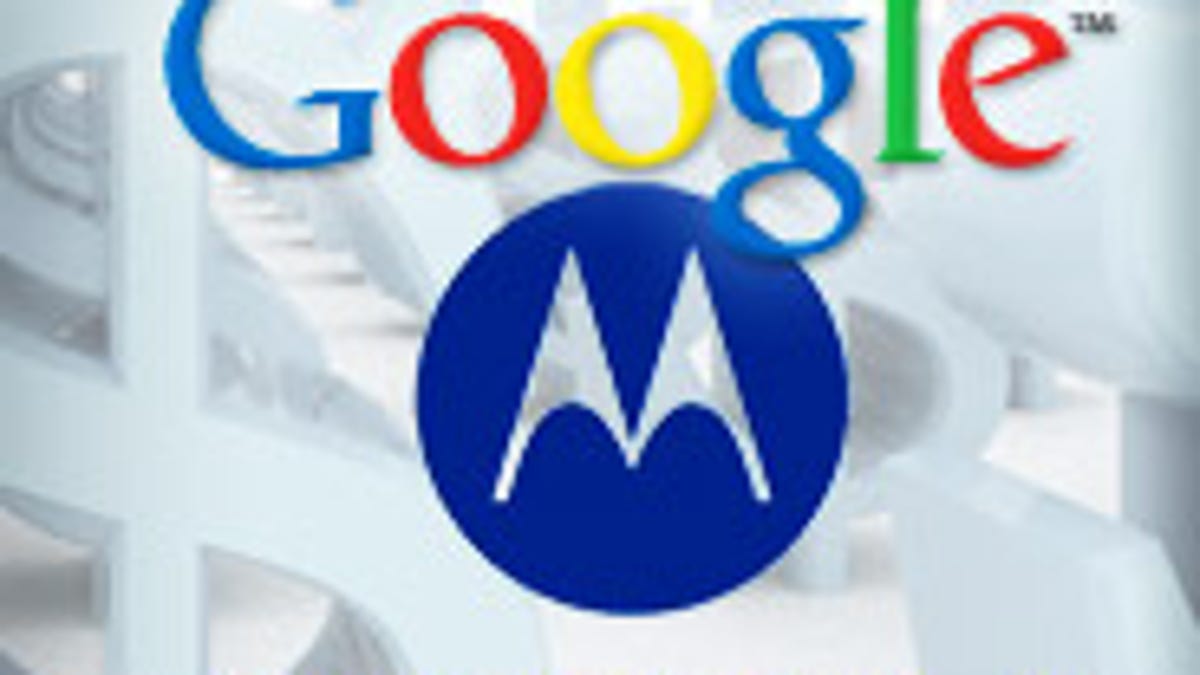Mobile operating systems: Where the manufacturers play
With its Motorola Mobility acquisition, Google would take on a new role of developing an open-sourced smartphone OS and making hardware for it.

If you were a bit shocked by Monday's news that Google was shelling out a cool $12.5 billion for Motorola Mobility, we don't blame you in the least. Indeed, the acquisition was unexpected considering Google has spend its life building anything other than hardware. The changes for consumers, Android's
As the below chart demonstrates, Google is now a different kind of player in the mobile space. First off, the deal also leaves Microsoft as the only major smartphone OS developer not to build its own hardware. Sure, its partnership with Nokia is significant, but Nokia still stands alone as a separate entity (and as of now, we don't lend much credence to speculation that Microsoft might acquire Nokia). Secondly, Google also assumes a unique role of building hardware for its OS while letting other manufacturers use it through open source. How that will affect Google's partnerships and Android's rise will be fascinating to watch (Maggie Reardon and Roger Cheng explored the various issues on Monday).
Related link:
• Full coverage of Google's Motorola acquisition, from CNET and its sister sites
For now, though, we'll have to see how it all plays out if the deal is successful. Google has made a bold move, to be sure, and by acquiring a host of patents it's entering new territory as a company. But, hey, that's never stopped it before.
Android | iOS | BlackBerry | WebOS | Windows Phone 7 | |
| Developer | Google | Apple | Research in Motion | First Palm, now HP | Microsoft |
| Does the developer make hardware? | Not before the Moto acquisition | Um, yes | Yes | Yes | No (though it has a partnership with Nokia) |
| Is it open sourced or licensed? | Yes | No | No | Not yet, but maybe in the future | Yes |
| If yes, which manufactures use it? | Lots including Samsung, HTC, Kyocera, Sony Ericsson, LG, and, of course, Motorola | N/A | N/A | Possibly Samsung | Samsung, LG, Dell, and HTC and a few others for now. Nokia to follow later this year. |
| Latest U.S. devices | Like | BlackBerry | |||
| What we're waiting for | The Ice Cream sandwich update | iPhone 5 anyone? | More OS 7 devices | The elusive |

